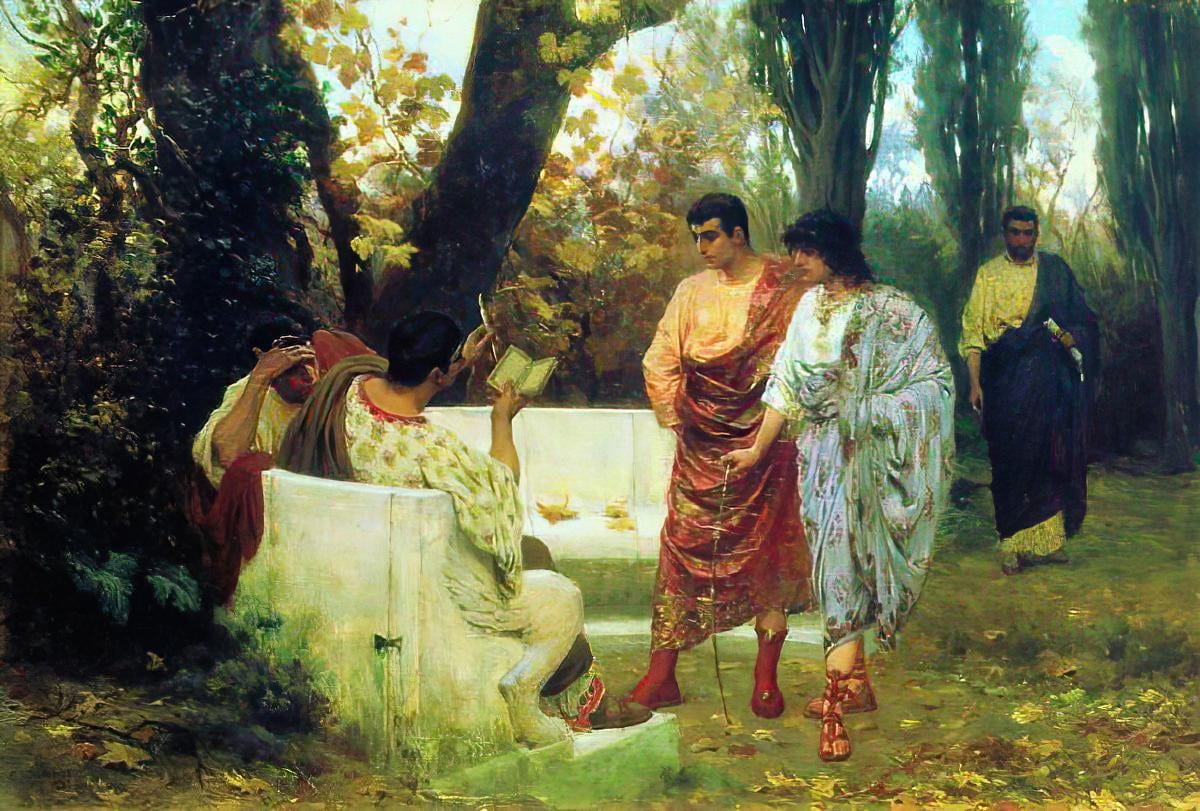Reviewing Brown and Richlin in Conjunction & Comparison
By Sara J. Chopra
I. Background
To the people of ancient Rome, spectacle was an immense aspect of daily life. Whether it be chariot races, festivals, or city-wide processions, these events collectively contributed to Roman arts and performance culture. One significant medium through which this culture developed was drama…






